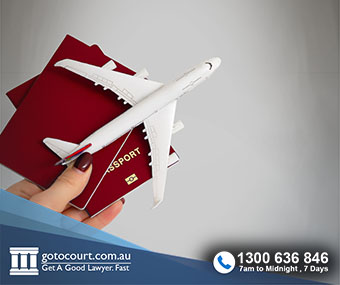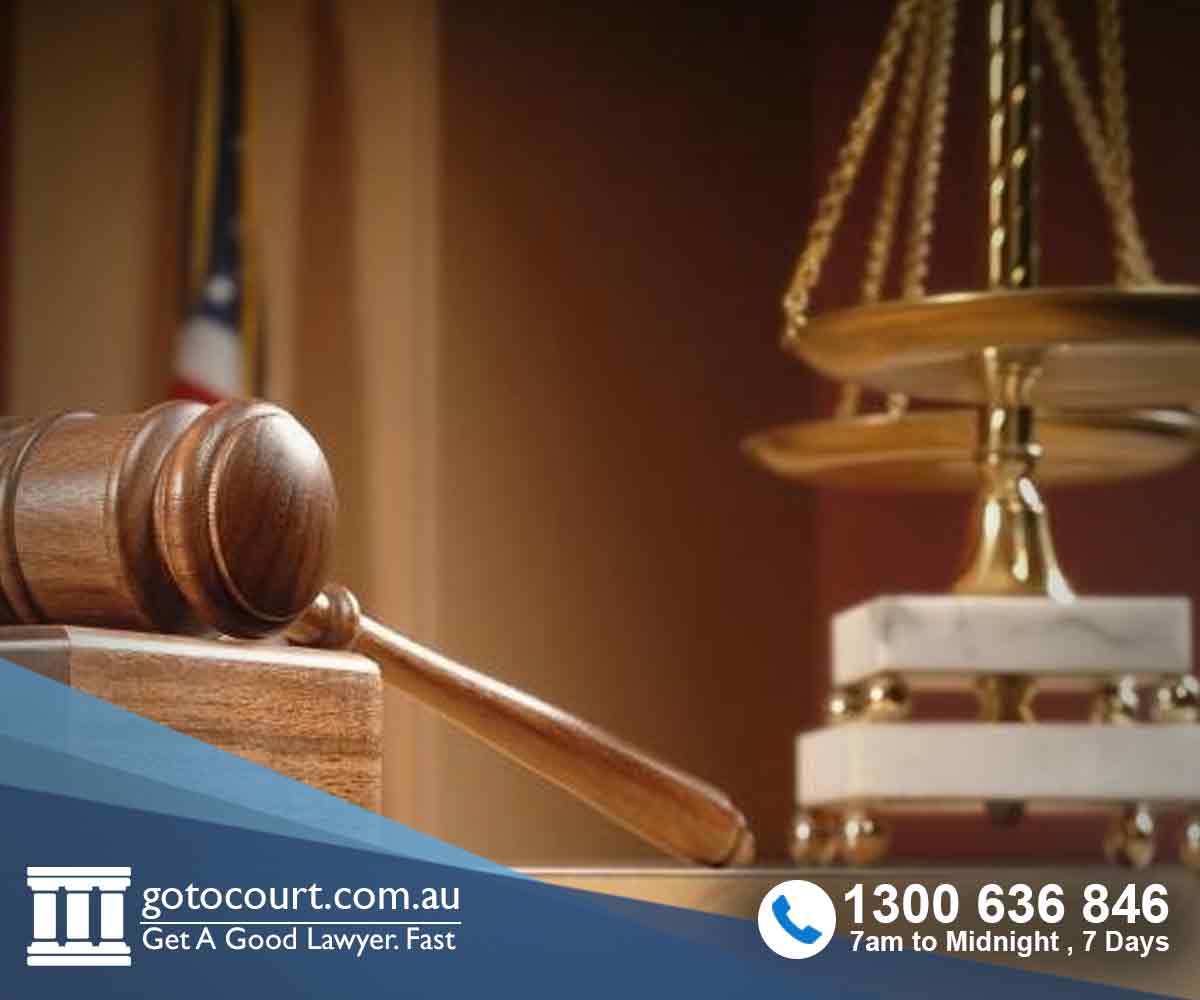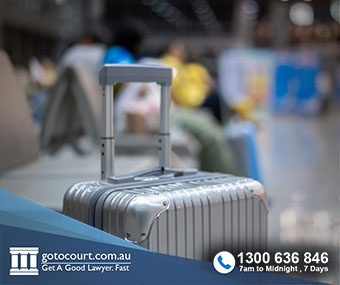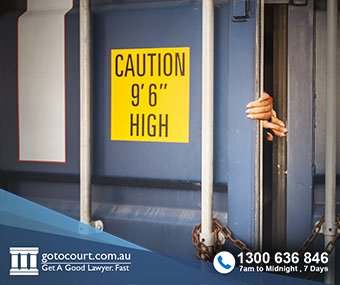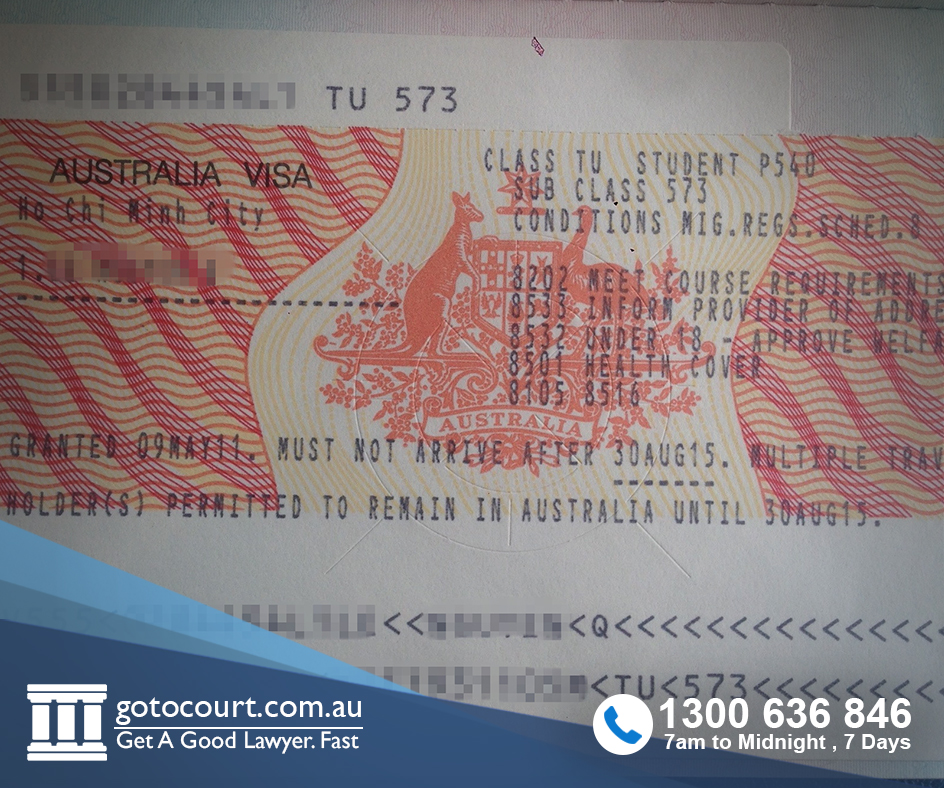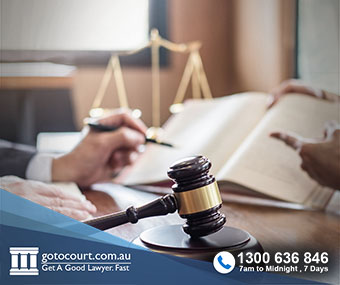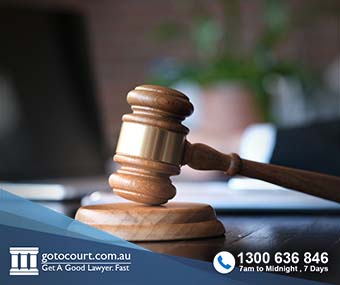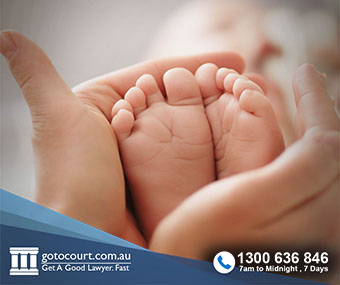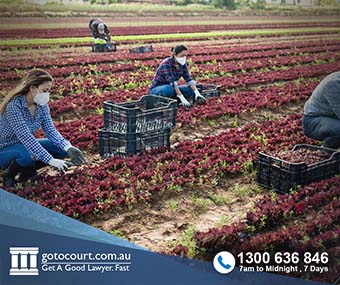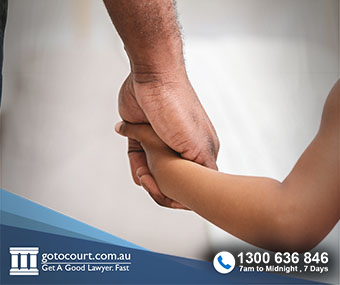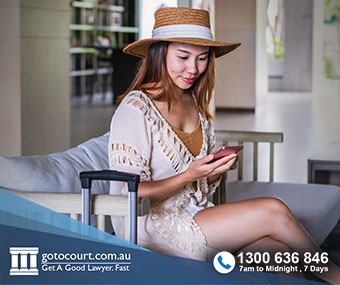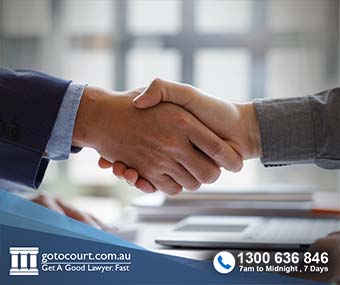Permanent Residency and Citizenship
Permanent Residency and Citizenship
When a person holds a permanent Australian visa and is permitted to live in the country indefinitely, they are said to have permanent residency. Once permanent residency is granted, there are no restrictions to the length of a person’s stay, and they have access to all the same services and benefits as Australian citizens. However, there are some differences between the status of a person with permanent residency and one with citizenship. This page deals with permanent residency and citizenship in Australia.
What is permanent residency?
Having permanent residency means that a person holds a current visa that allows them to live in Australia indefinitely. A permanent resident has access to Medicare and Centrelink and can work or study in Australia.
If a visa only allows the holder to stay for a specified time period, as in the case of a student or work visa, the holder will need to make a separate application for permanent residency.
A permanent visa can be applied for and granted while the applicant is offshore or after they have entered Australia on a temporary visa. However, some classes of permanent visa can only be applied for from offshore and others only from onshore.
Classes of permanent visa
Permanent visas may be granted on many different bases, including:
- work-stream permanent visas
- family-stream permanent visas
- business or investor-stream permanent visas.
There is a range of permanent work visas available, some of which require sponsorship by an employer, and these are listed on the Immigration Department website.
Family-stream permanent visas are for the spouses, partners, children, parents and dependents of Australian citizens and permanent residents. They are also available to children being adopted from overseas and to carers moving to Australia to care for relatives long-term.
Business and investment-stream permanent visas are available to persons who are entrepreneurs, business owners or investors wanting to continue their operations in Australia long-term.
There are also other types of permanent visas that are granted in specific circumstances. These include refugee and humanitarian visas and global talent visas. A refugee visa (or protection visa) is granted if a person fears persecution in their home country from which the government cannot or will not protect them. A humanitarian visa is granted to a person who does not meet the definition of a refugee but faces human rights abuses in their home country. A global talent visa is granted when a person has an internationally recognised record of exceptional or outstanding achievement in an eligible field.
Citizenship vs permanent residency
After a person has obtained permanent residency, they may want to consider applying for citizenship. Citizenship in Australia does not require a person to give up the citizenship of their birth country. However, some countries require that a person surrender their citizenship rights when they become an Australian citizen.
A permanent resident has many of the same rights as a citizen but there are also differences. Citizens have an automatic right of entry to Australia; permanent residents must have a valid travel authority. Citizens have a right to vote, whereas permanent residents do not.
Eligibility for Citizenship
A person may be eligible to apply for citizenship if they:
- currently hold permanent residency in Australia
- satisfy the residential requirements
- pass the health requirement
- pass the character test
New Zealanders who arrive in Australia are automatically given a special category visa that allows them to stay indefinitely, but this does not make them a permanent resident for citizenship purposes.
Applying for Citizenship
The process and criteria for applying for citizenship vary slightly depending on the situation.
If a person is aged under 18, over 60, or has a significant impairment in hearing or a physical or mental incapacity that is either permanent or likely to be enduring, a Form 1290 is used.
Form 1300t is used by all other applicants.
Becoming a Citizen
After a person applies for citizenship, they will have to undergo a citizenship test.
The test consists of 20 questions, and a person must answer 75% correctly to pass. The test consists of questions designed to assess a person’s knowledge of the English language and of Australia and its values.
Once an application for citizenship has been approved, the applicant will be required to attend a citizenship ceremony where they will make the citizenship pledge or affirmation. This is to publicly affirm their loyalty and commitment to Australia.
When a child is born in Australia, they are not automatically granted Australian citizenship. The status of children born in Australia depends on the immigration status of their parents. This means that if you are on a temporary visa or on holidays, having a child in Australia will not give you or your child the right to permanently reside here. However, if a child continues to live in Australia until their 10th birthday, they will automatically become an Australian citizen regardless of their parent’s visa status.
Children who are born overseas but have a parent who is an Australian citizen can automatically obtain citizenship by descent.
If you require legal advice or representation in any legal matter, please contact Go To Court Lawyers.

Affordable Lawyers
Our Go To Court Lawyers will assist you in all areas of law. We specialise in providing legal advice urgently – at the time when you need it most. If you need a lawyer right now, today, we can help you – no matter where you are in Australia.How It Works




1. You speak directly to a lawyer
When you call the Go To Court Legal Hotline, you will be connected directly to a lawyer, every time.

2. Get your legal situation assessed
We determine the best way forward in your legal matter, free of charge. If you want to go ahead and book a face-to-face appointment, we will connect you with a specialist in your local area.

3. We arrange everything as needed
If you want to go ahead and book a fact-to-face appointment, we will connect you with a specialist in your local area no matter where you are and even at very short notice.

